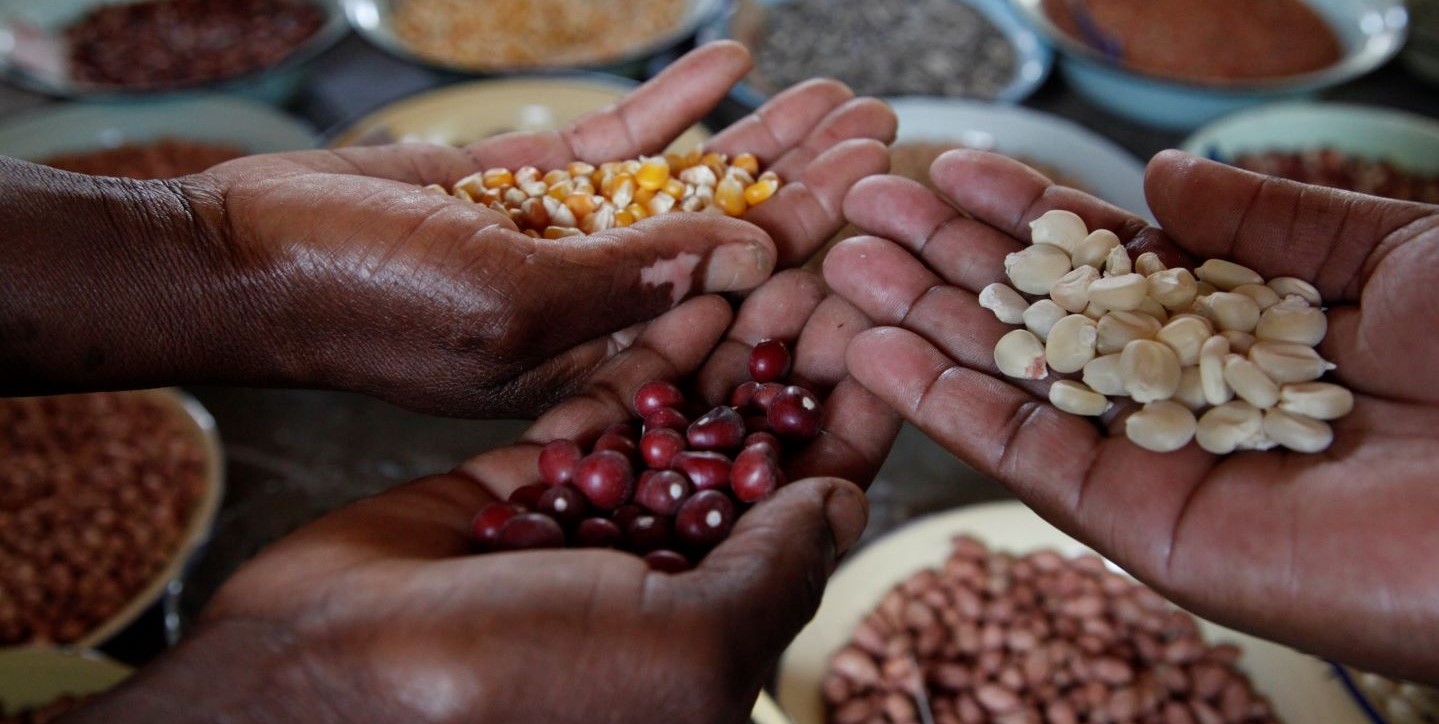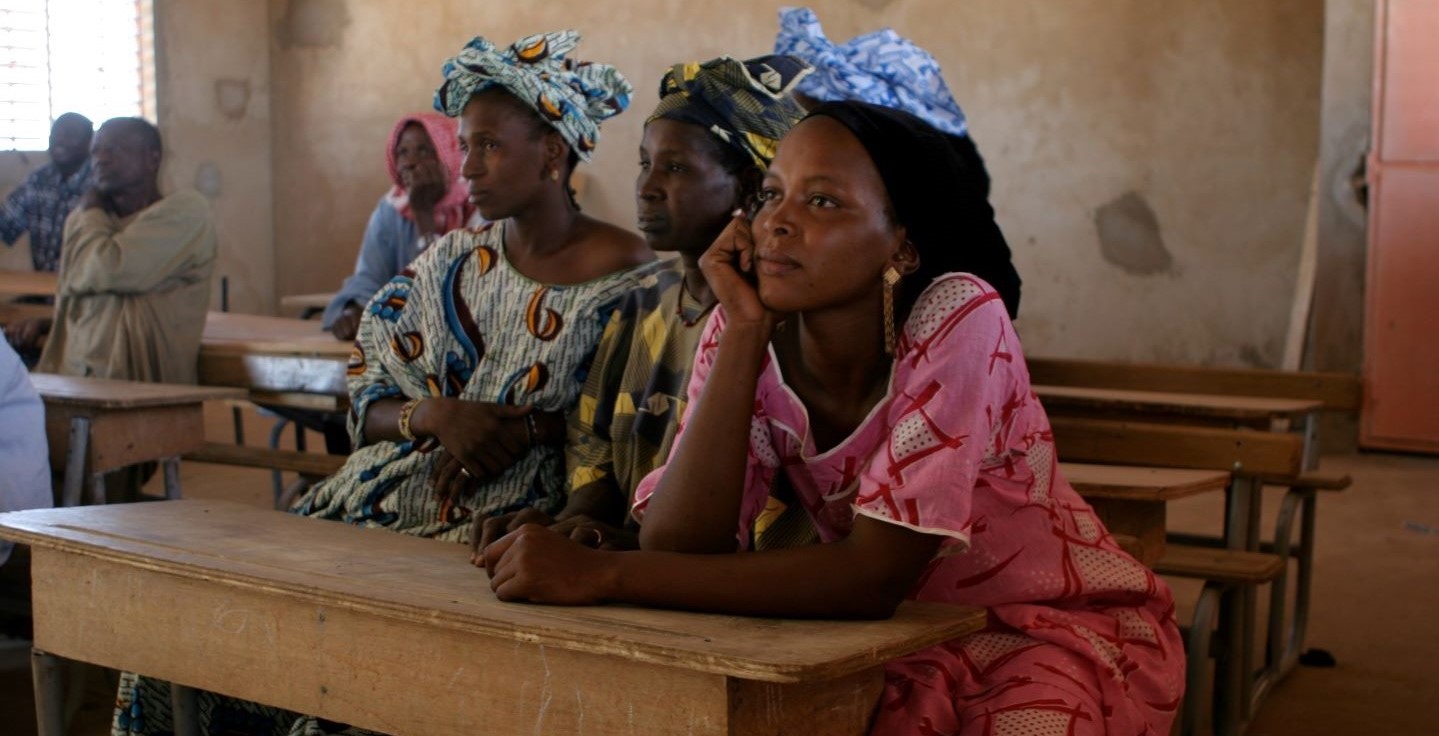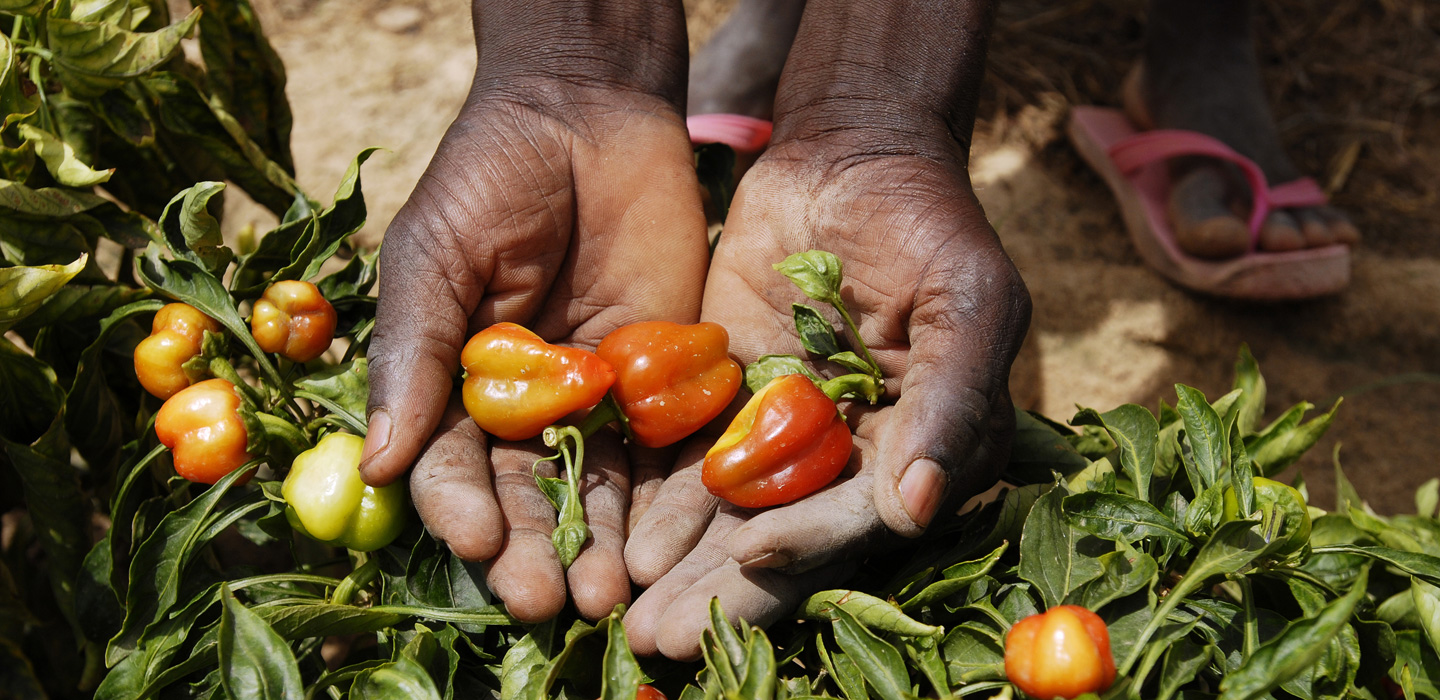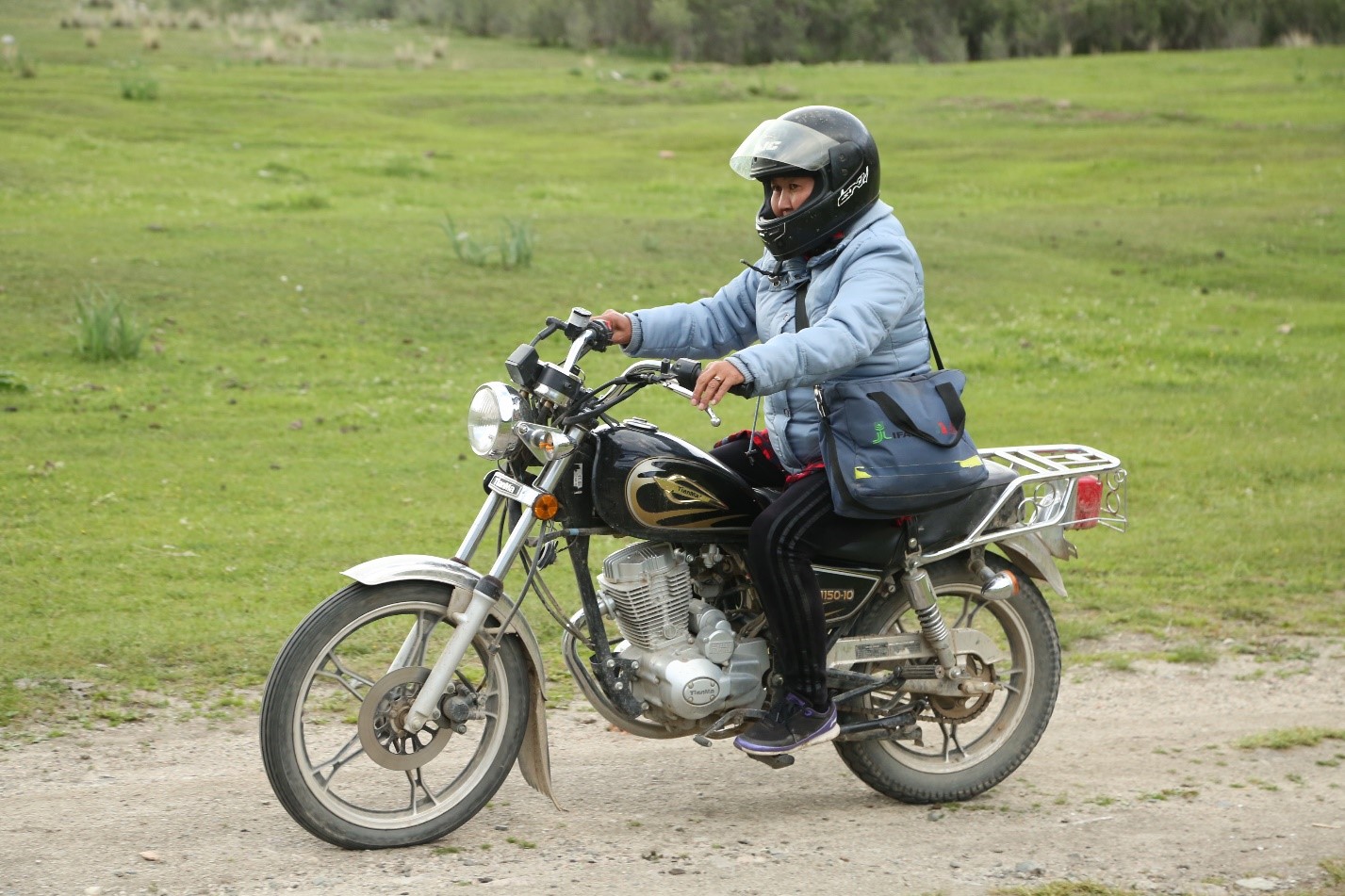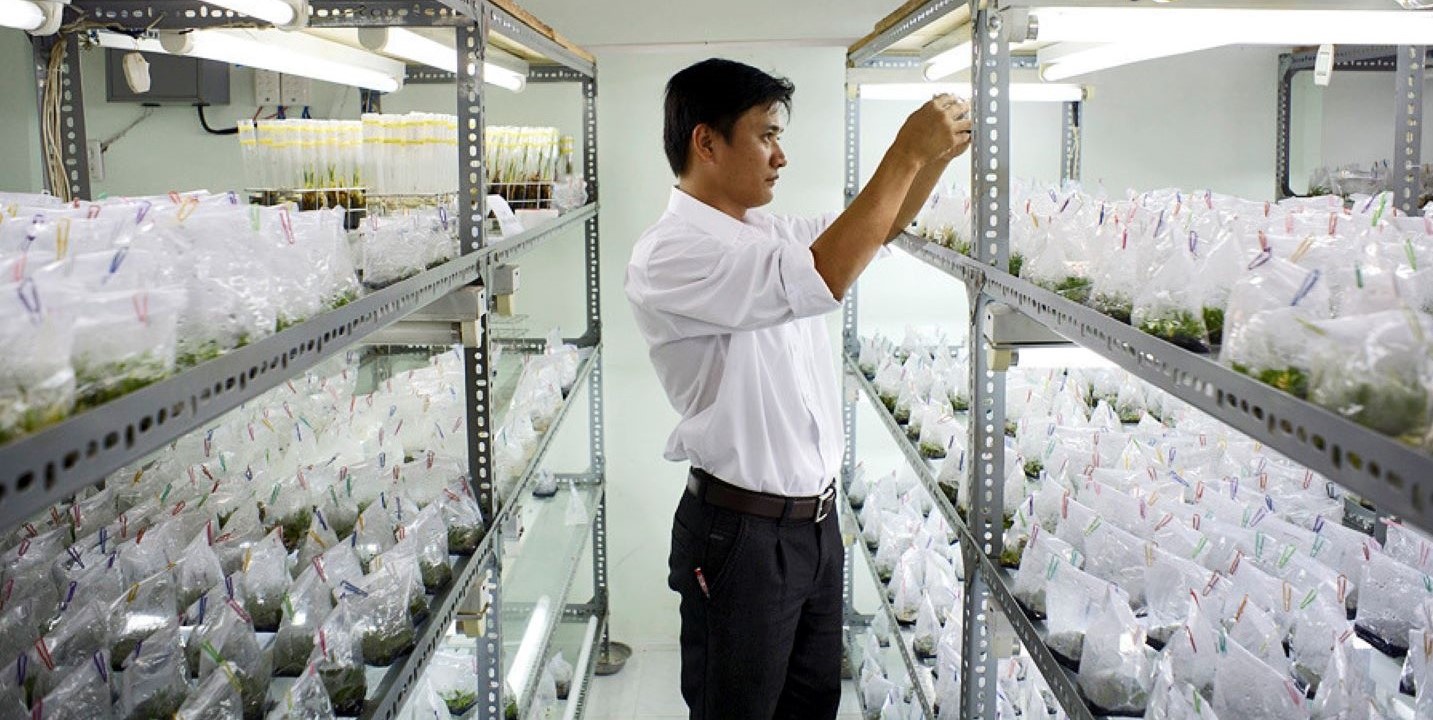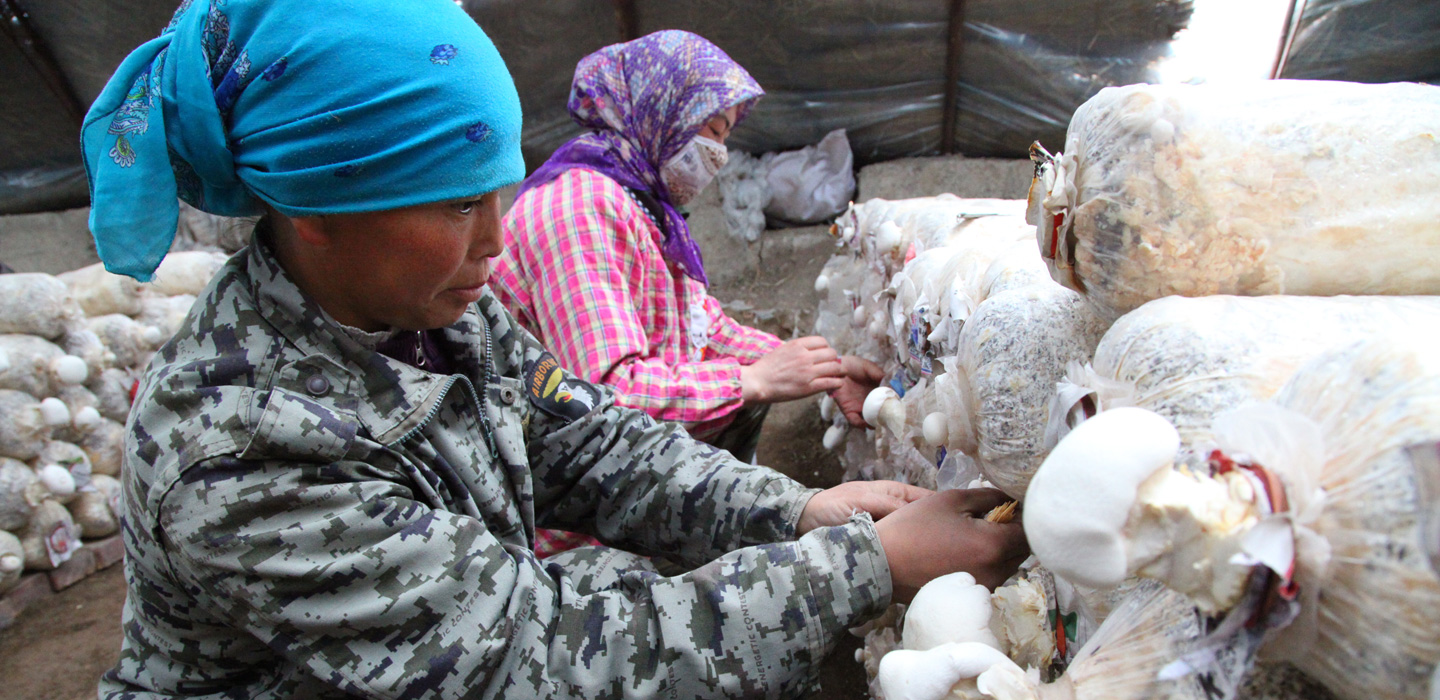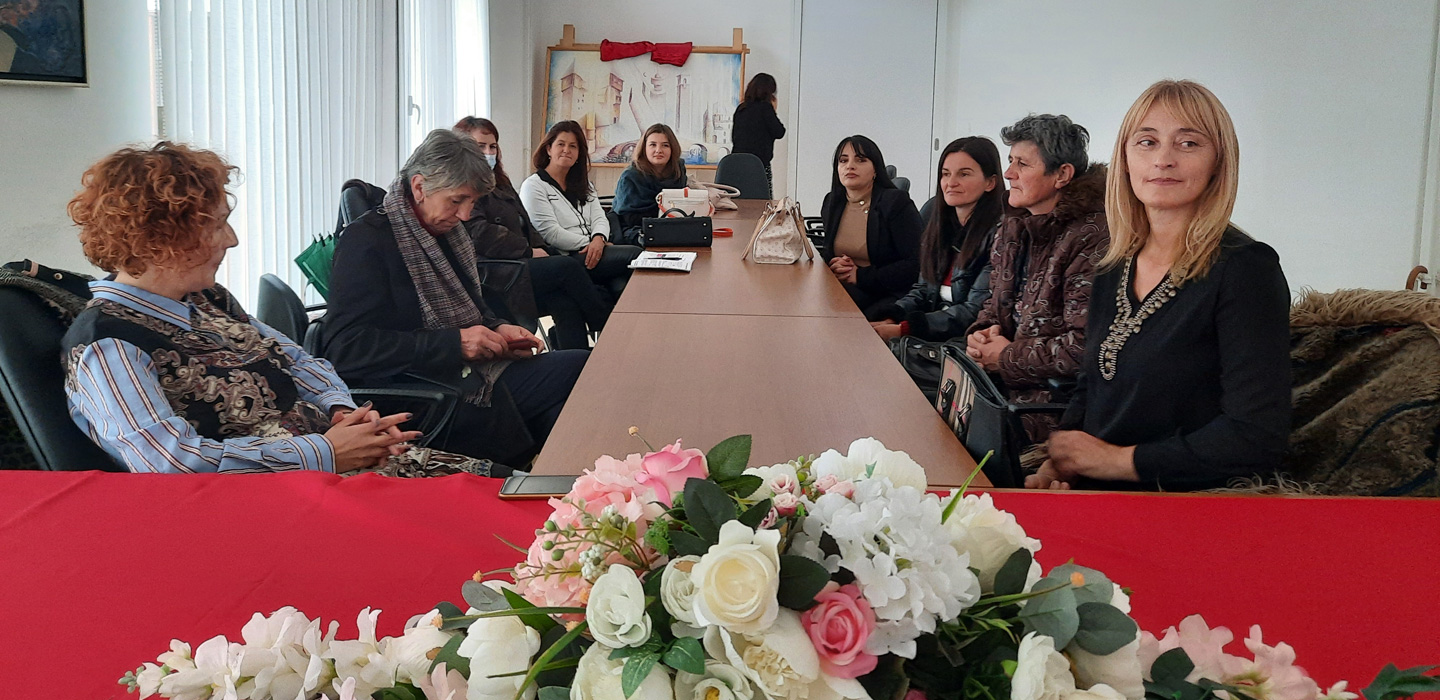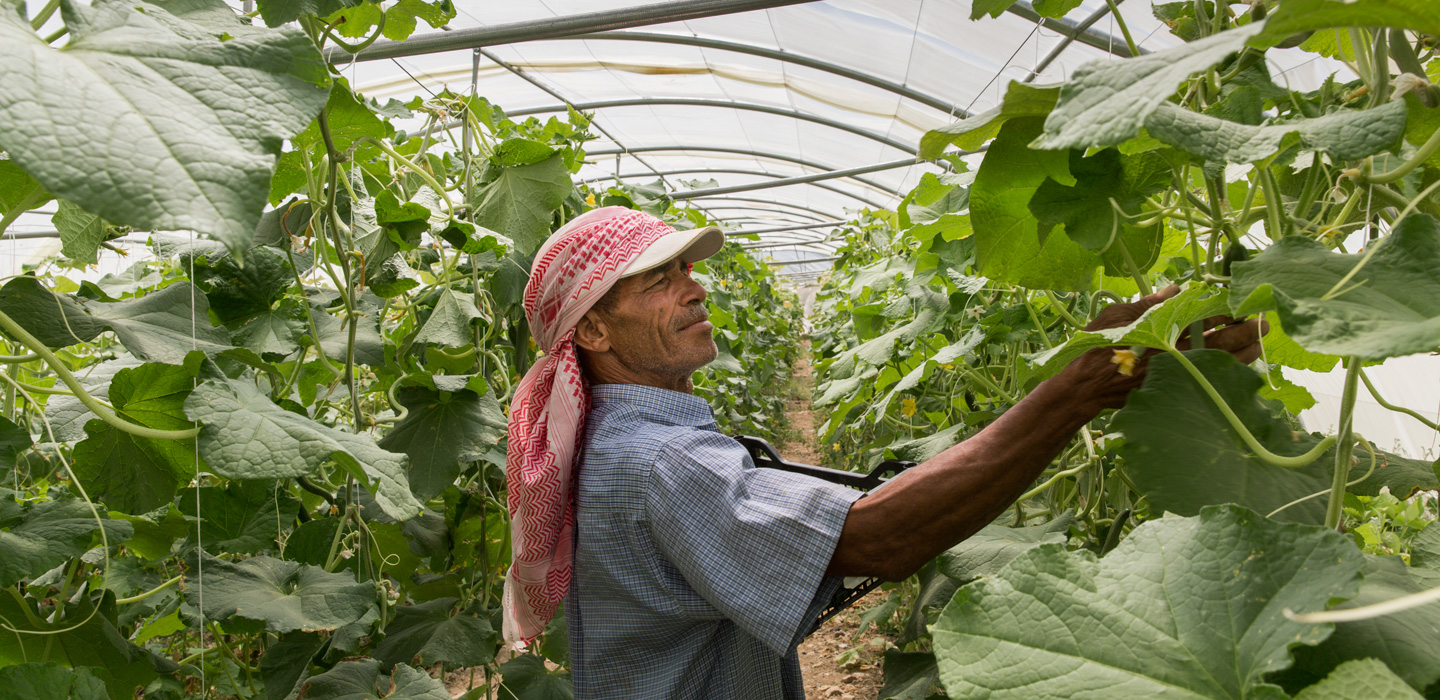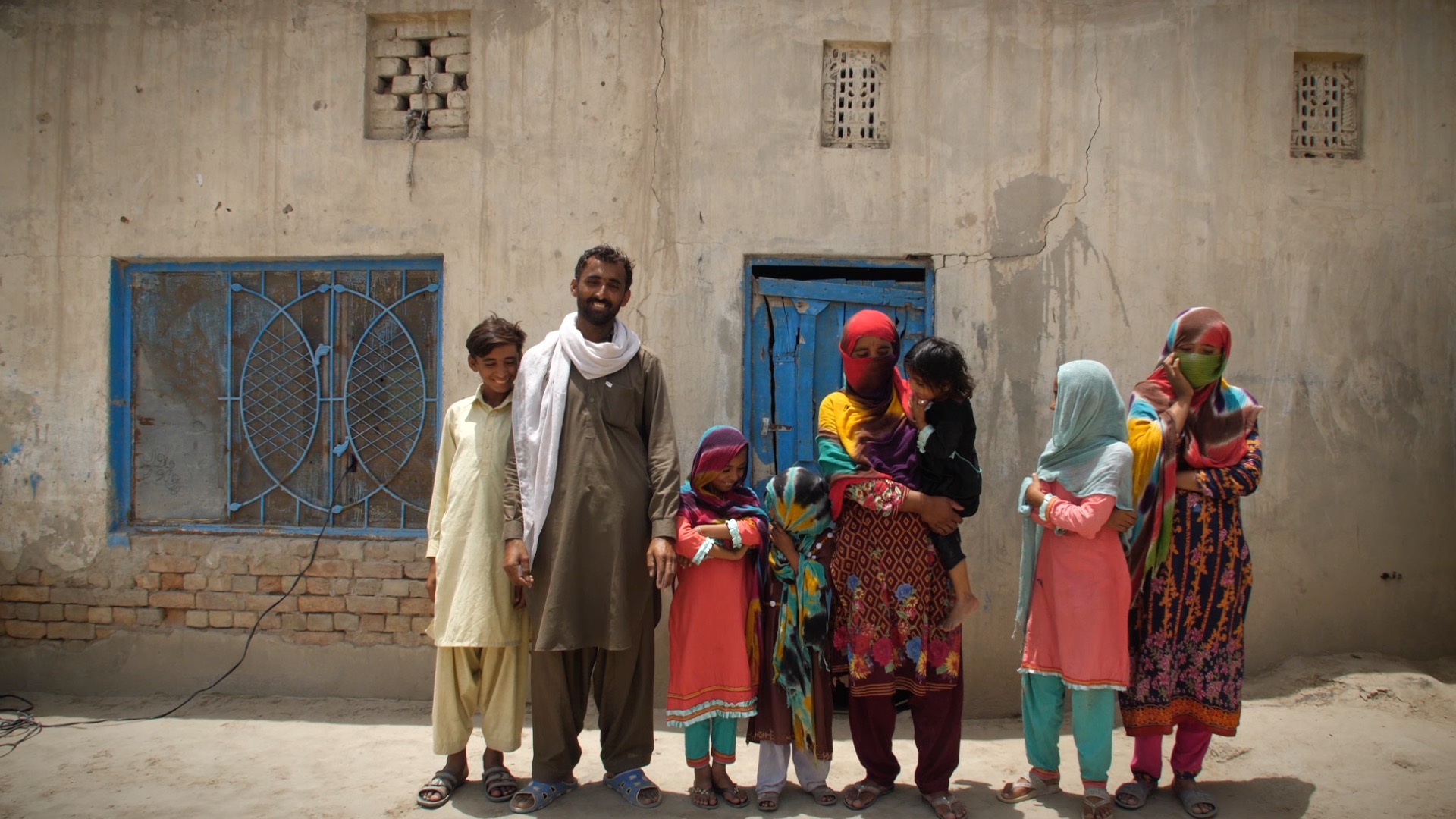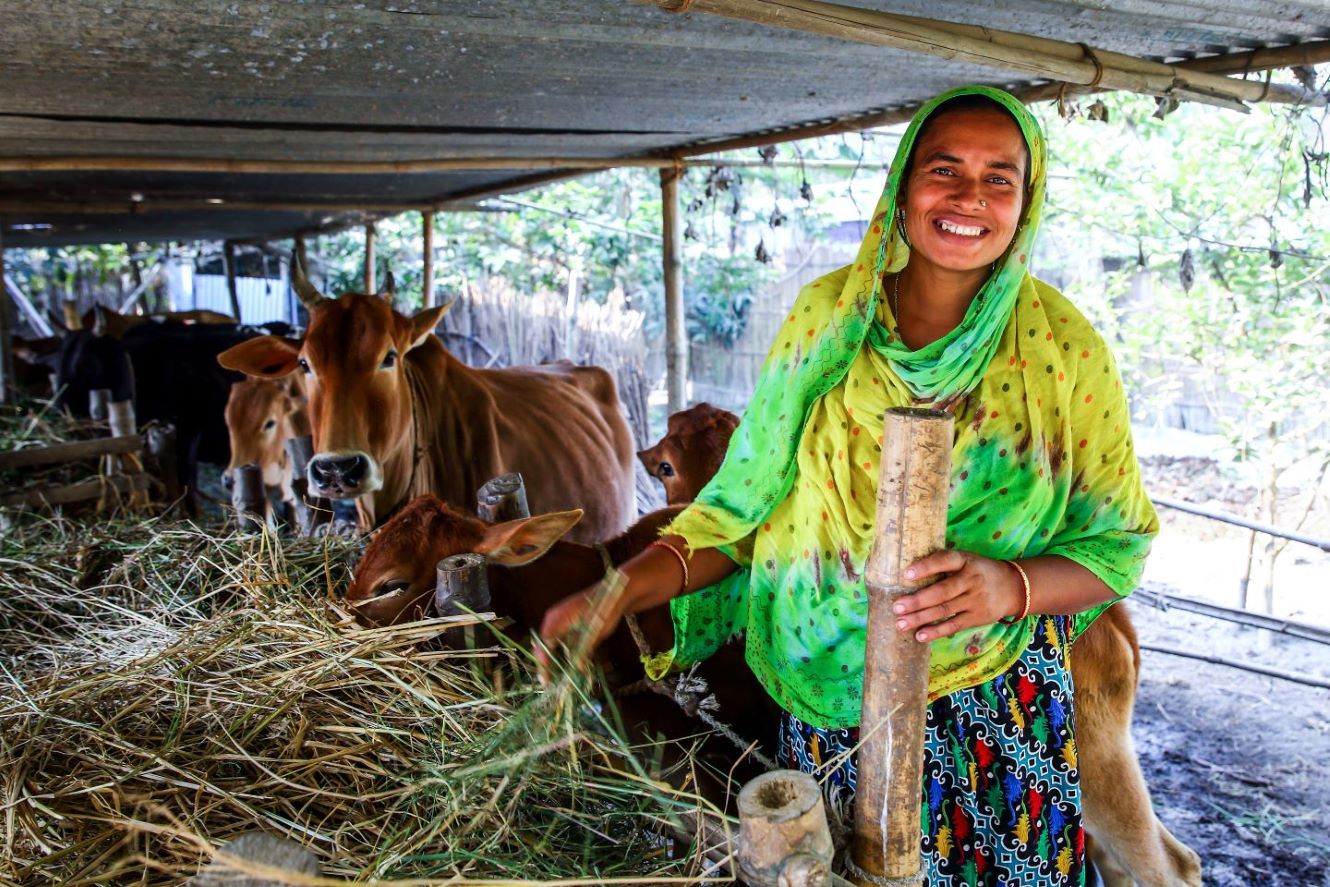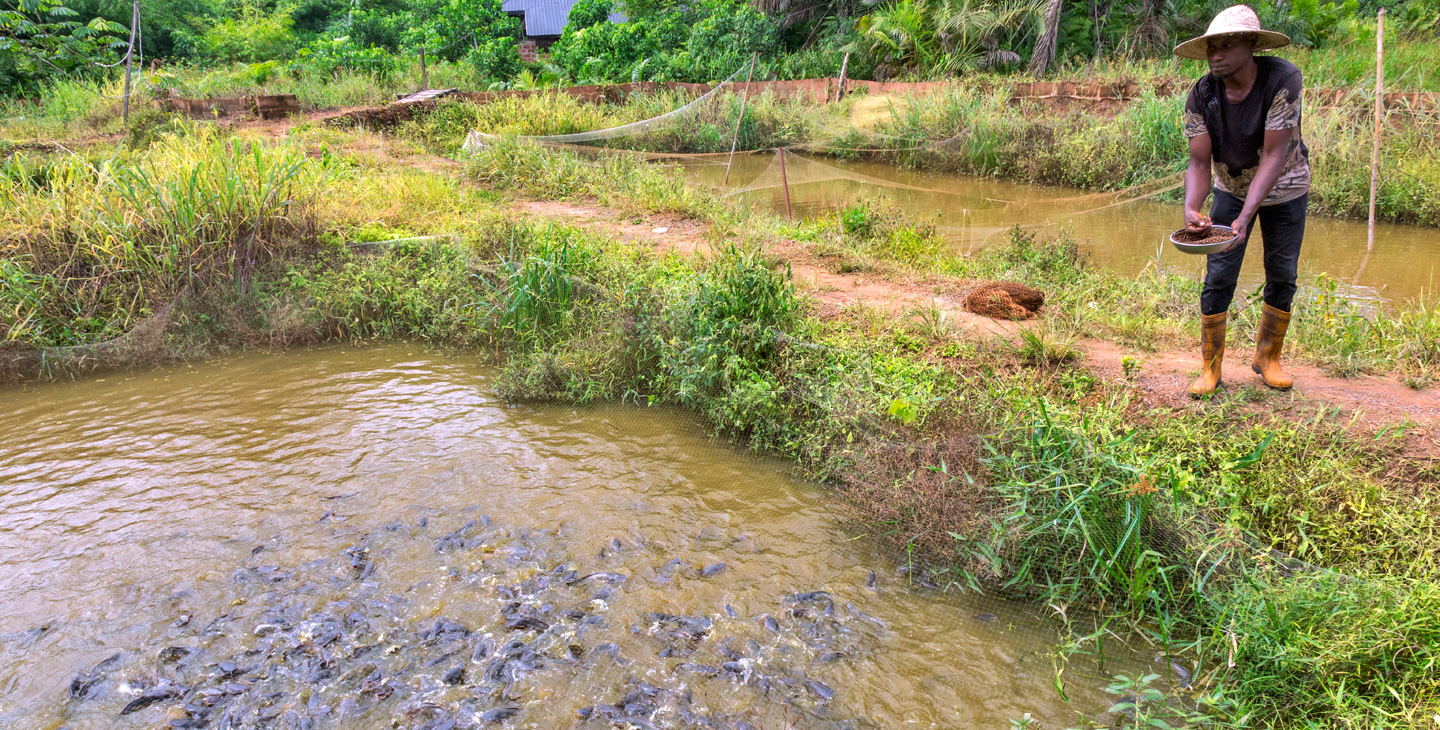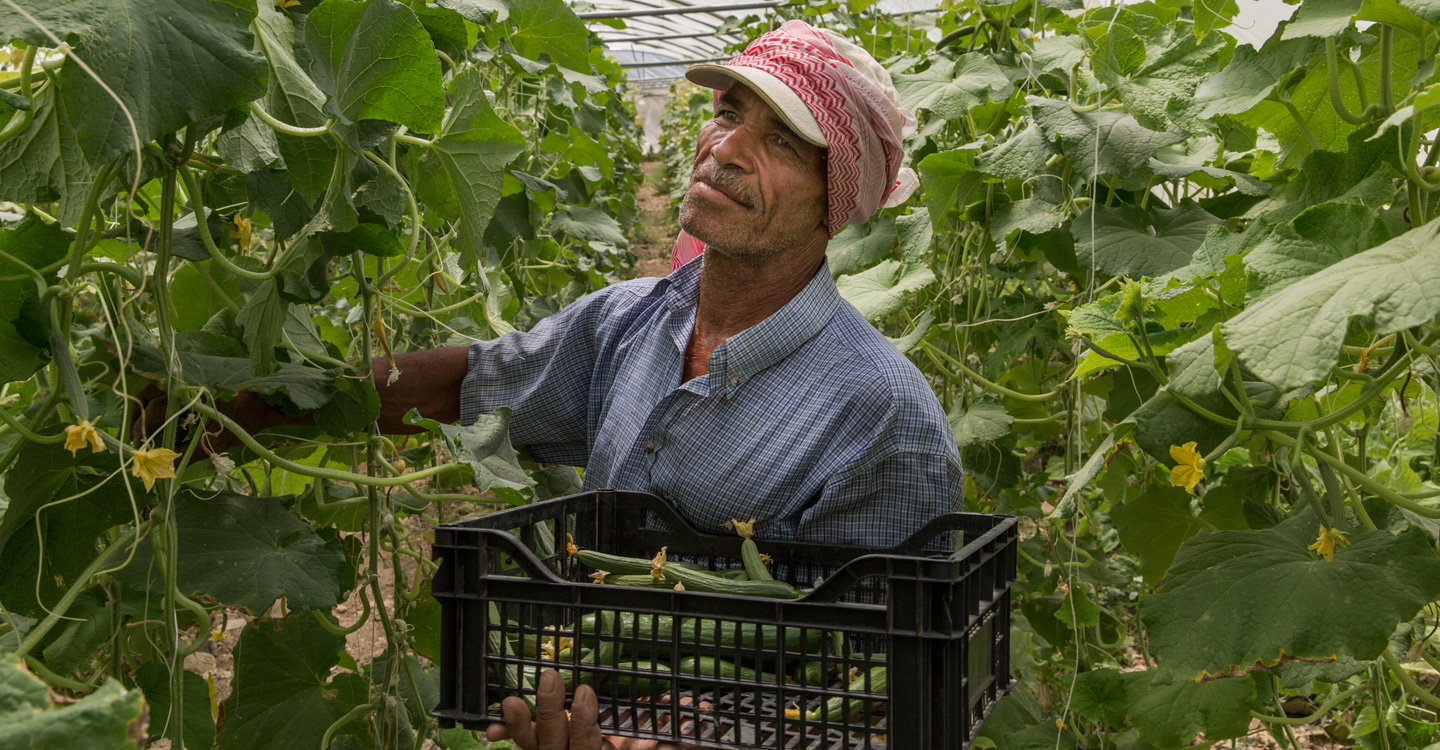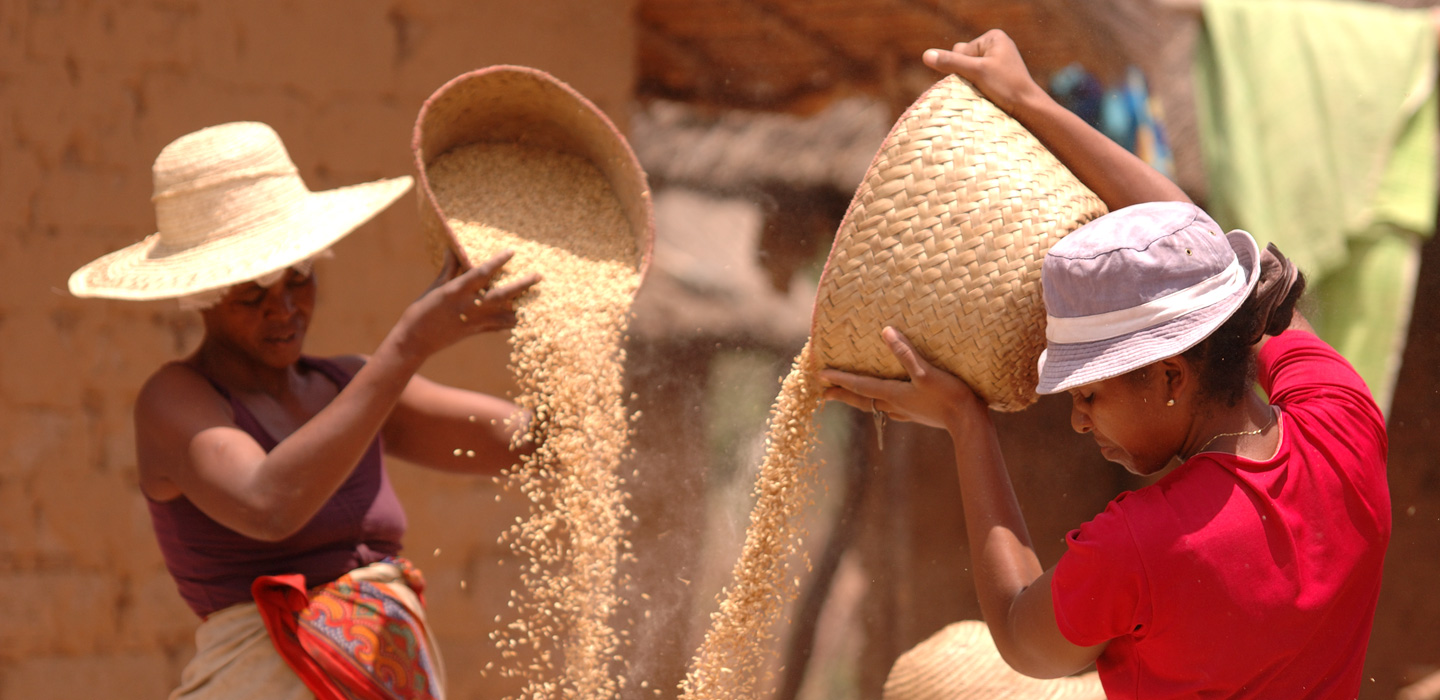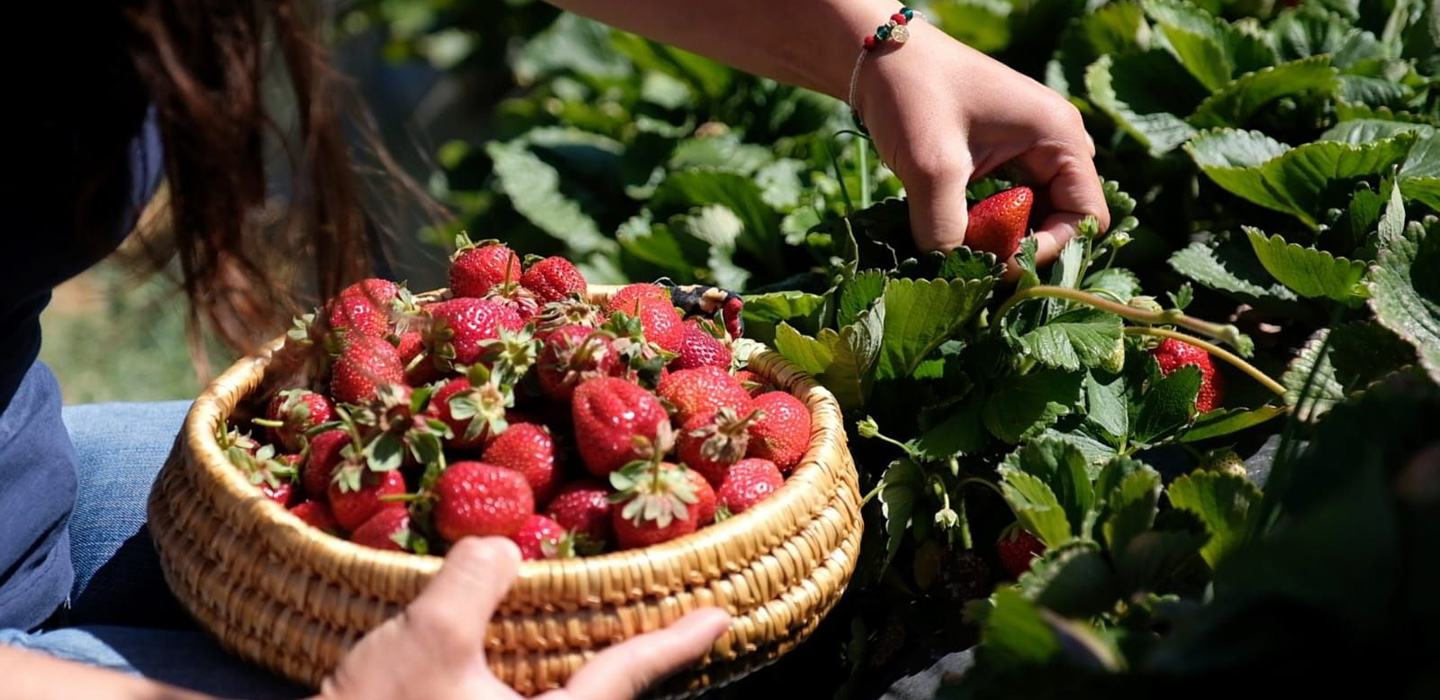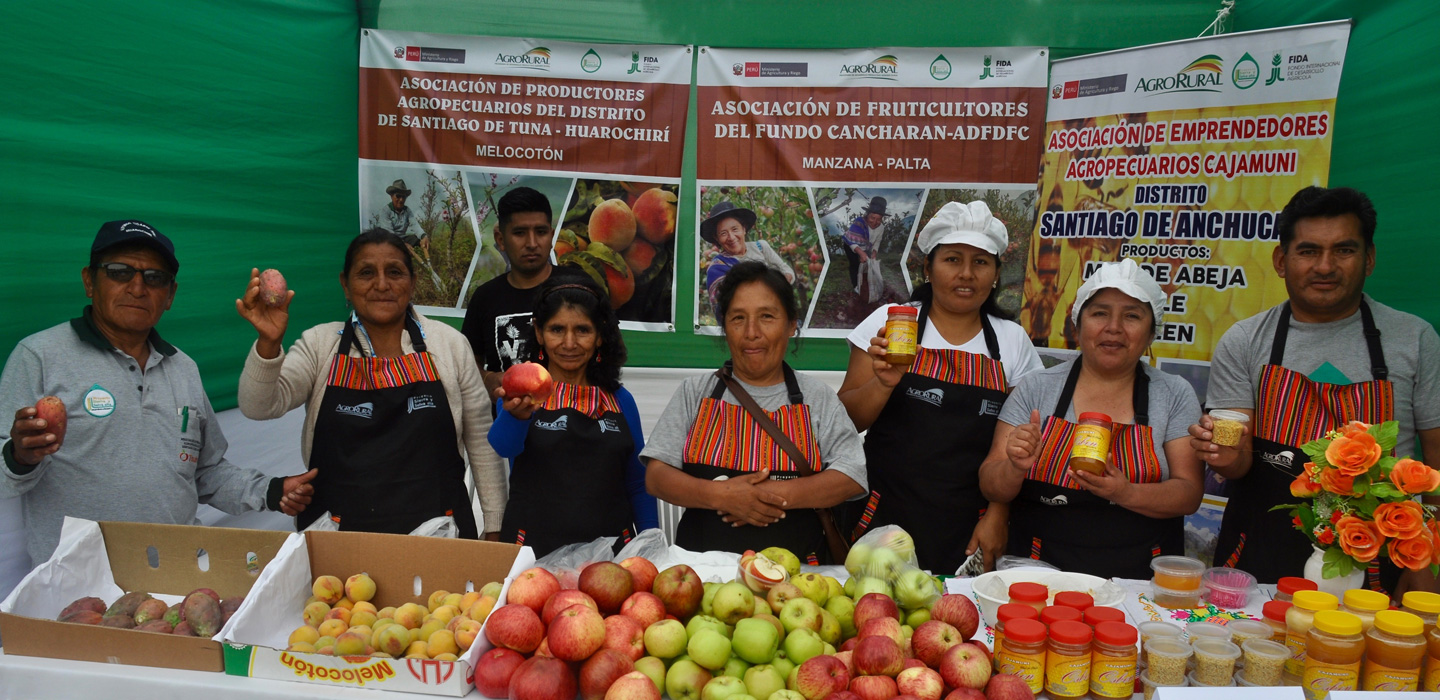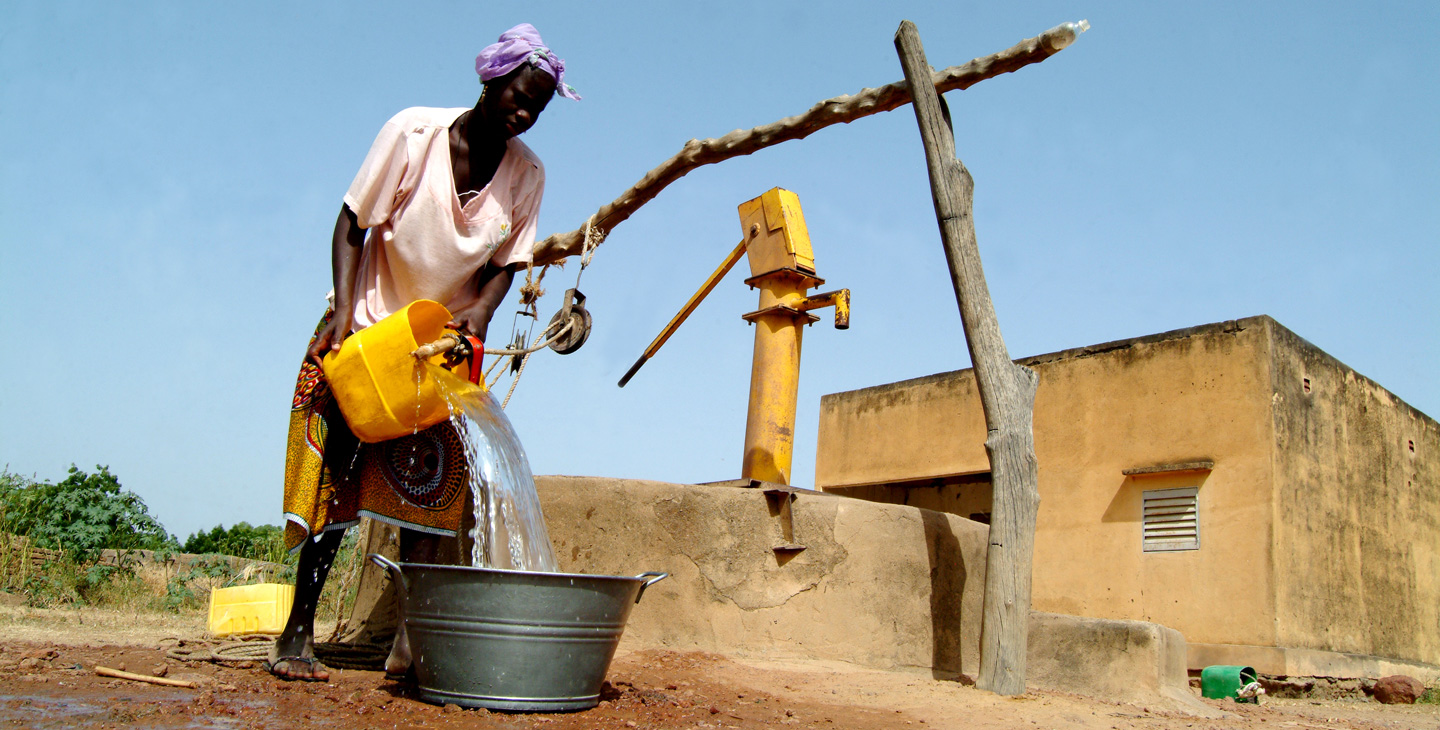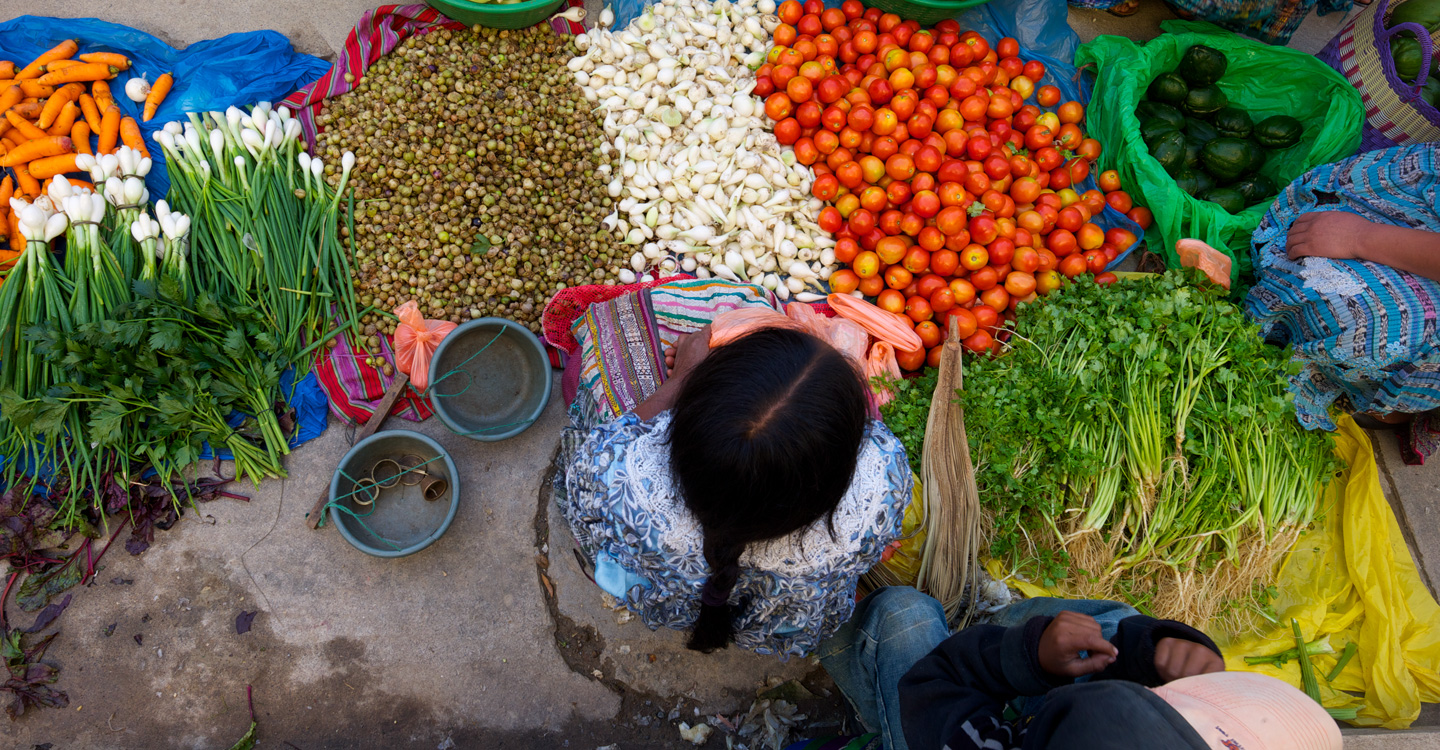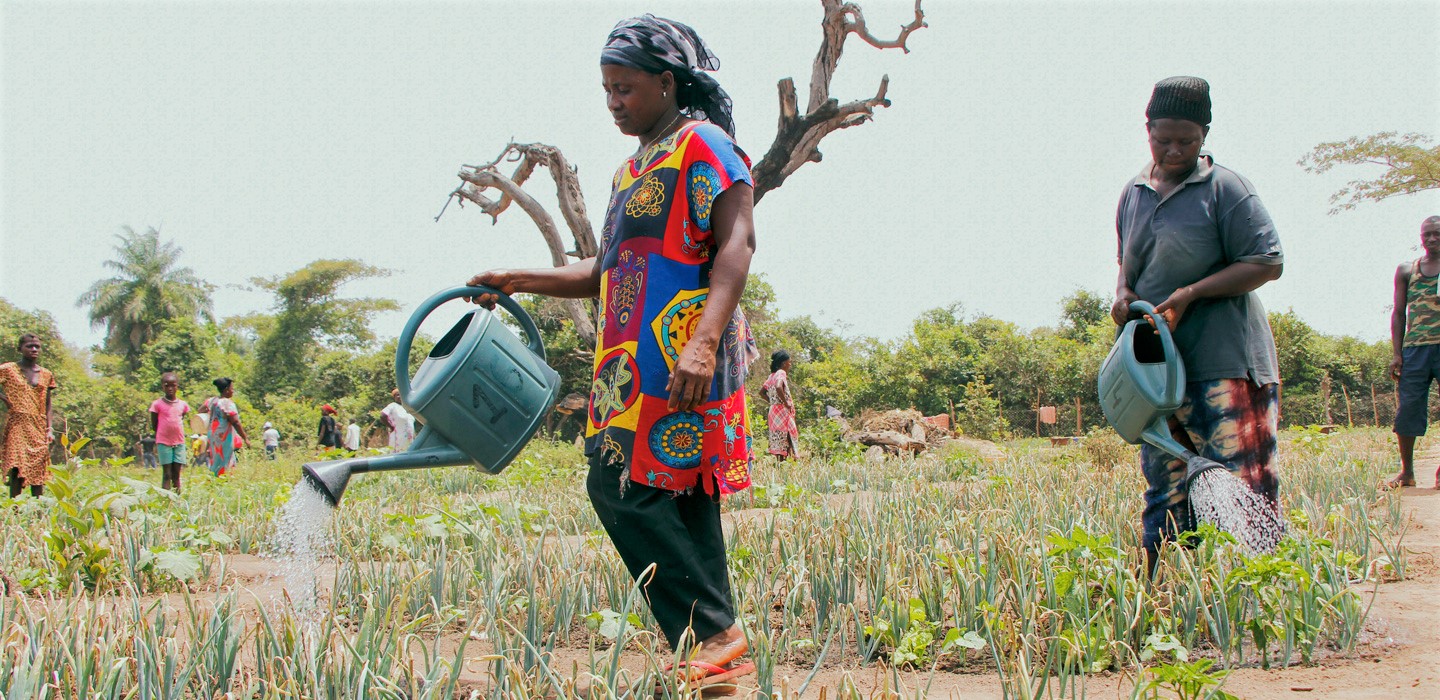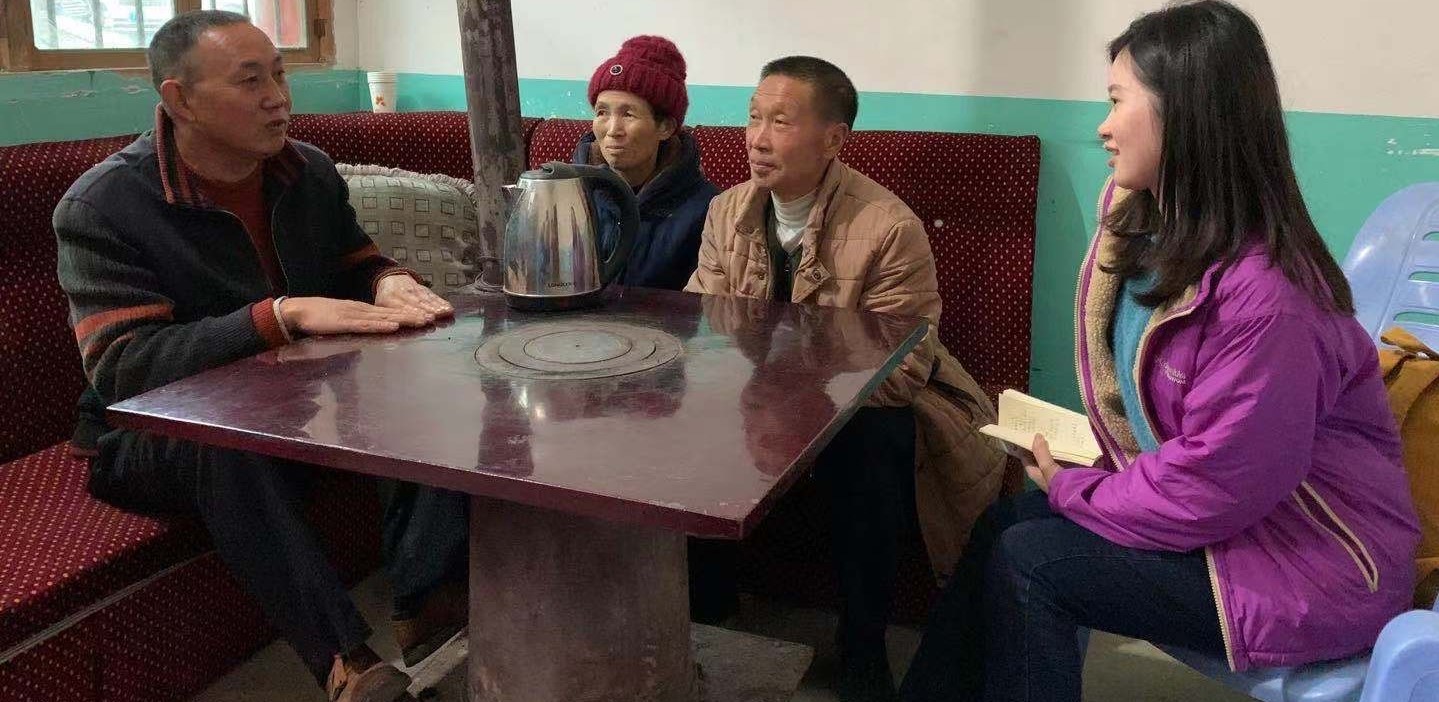Latest
Latest

Latest
Manual Submenu Topics
Search Results Filters
Search Results
How agrobiodiversity can nourish the planet
For our people and planet to flourish, we need agrobiodiversity: agricultural systems that enhance our wealth of ecosystems and living beings instead of diminishing it. Our work has long recognized the importance of agrobiodiversity for sustainable food systems, and now we’re taking this commitment even further.
Using evidence from IFAD’s Impact Assessments to inform the design of new projects
To make sure we’re investing in what works and achieving maximum impact, we evaluated 17 of our project Impact Assessments to look for broader trends. The results have implications for everyone who works in rural development – from those on the ground to the donors who make this work possible.
United Nations rural poverty agency IFAD set to boost its ethical investments
In a significant move to strengthen its commitment to ethical investments, the Executive Board of IFAD agreed on a policy to further shift the Fund’s treasury investments to green bonds and other Environmental, Social and Governance (ESG) investments.
The Iron Horse: Improving animal and human health in Kyrgyzstan
Herding livestock is central to Kyrgyzstan’s economy, society and culture, but the nation has long lacked enough veterinarians to care for these animals. Now, an IFAD-supported project is helping to train veterinarians and make sure they reach even the country’s most remote areas.
What's in Store for Food Security and Farming in 2022 - Episode 28
This month’s episode is all about what lies ahead for the world of agriculture in 2022.
IFAD’s Rural Development Report launched in China - advocating for transforming food systems for rural prosperity
IFAD, together with the China Centre for Agricultural Policy of Peking University, launched IFAD’s Rural Development Report 2021, in a virtual event today.
In rural Montenegro, women gather to share their successes
In north-eastern Montenegro, an IFAD-funded project is helping women start their own businesses and gain greater representation in their communities. Recently, many of these women gathered to share their successes and teach and learn from each other.
The Netherlands provides EUR 4.13 million grant to enhance climate change adaptation and resilience in agriculture in Jordan
IFAD, the Ministry of Planning and International Cooperation in Jordan, and the Kingdom of the Netherlands signed a EUR 4.13 million financial agreement this week to strengthen the sustainability and climate resilience of ongoing interventions under the Rural Economic Growth and Employment Programme (REGEP) in Jordan.
2021: Rural Resilience in Action
For another year, millions of small-scale farmers have been bearing the brunt of climate change and COVID-19. We were there to support them every step of the way.
Supporting small-scale farmers around the world
2021 brought immense challenges to all corners of the world. Nevertheless, IFAD has been busy doing what we always do: supporting projects that improve the lives of rural small-scale farmers.
Norway commits funds to IFAD to lift aquaculture communities out of poverty and lower malnutrition in Kenya, Mozambique and Tanzania
As more people spiral into hunger and poverty due to pandemic restrictions, climate change and conflicts, the Norwegian Agency of Development Cooperation (NORAD) has committed NOK 45 million (US$5 million) to increase the incomes and build the resilience of small aquaculture farmers in Kenya, Mozambique and Tanzania, IFAD announced today.
Innovating Agriculture Into the Future – Episode 27
In our end-of-year episode, we’re focusing on all things innovative in the world of agriculture. We hear from agro-preneurs in Australia, Africa and Asia who are using cutting-edge technologies and exploring new solutions to common problems.
To help avert future food crises in the world’s poorest regions, Canada commits its highest-ever funding to the UN agency IFAD
At a time when rural people in low-income countries face steep increases in food prices and the devastating impacts of climate change are contributing to a rise in hunger and poverty, Canada has announced today its commitment to support the resilience of small-scale farmers and the prosperity of rural communities by increasing its funding to IFAD.
In Turkey, strawberry farms bring opportunities for rural youth
Youth who grew up in the Taurus Mountains of Turkey have traditionally moved to the big cities to pursue their careers. But recently, thanks to an IFAD-supported project, the region’s farmers have begun growing strawberries. Highland strawberries are proving quite popular, driving the growth of a new regional value chain – and bringing the region’s youth back to the countryside to take part.
La Unión Europea y el FIDA se alían para fortalecer las organizaciones de pequeños agricultores en América Latina
El proyecto Apoyo a las organizaciones de pequeños agricultores en América Latina servirá para fortalecer la estructura y la capacidad productiva y de acesso a mercados de este tipo de organizaciones en la región, gracias a una alianza entre la Unión Europea y el FIDA.
Solar-powered fridges aid COVID recovery in Djibouti
This year’s COVID-19 lockdowns cut off Djibouti’s fishing community from their markets. But with no way to store fish in the searing heat, many fishers were forced to throw their catch away. Now, thanks to some solar-powered fridges, they’re back on their feet and trading with new customers.
Denmark commits millions to vulnerable farmers through IFAD’s climate adaptation fund
In the wake of COP26, which featured a strong call for increased financing to help the world’s poorest countries adapt to the impacts of climate change, Denmark today announced a contribution to IFAD of DKK 190 million (about US$29 million) to help small-scale farmers cope with unpredictable weather.
Nutrition-sensitive agriculture: The cornerstone of a healthier world
It might seem counter-intuitive to suggest that agriculture should become more nutrition-sensitive – but many small-scale producers worldwide are at risk of food and nutrition insecurity. We’re committing to more ambitious goals for integrating nutrition into our investments and project activities.
Urgent investments in small-scale farming needed to offset soaring food prices and deepening malnutrition, says IFAD
With soaring food prices pushing millions of people into food insecurity, IFAD is calling on governments and the private sector to urgently step up their investments in small-scale agriculture, especially for locally produced, nutrition-rich food. The call was made ahead of today’s opening of the Tokyo Nutrition for Growth Summit.
In China, youth are at the forefront of transforming food systems
Young people are the future of the world’s food systems, and they should therefore have a say in how the food systems of tomorrow should be configured. In China, youth have long been leading efforts to promote organic farming and sustainable consumption – and now, they’re beginning to act for change.
